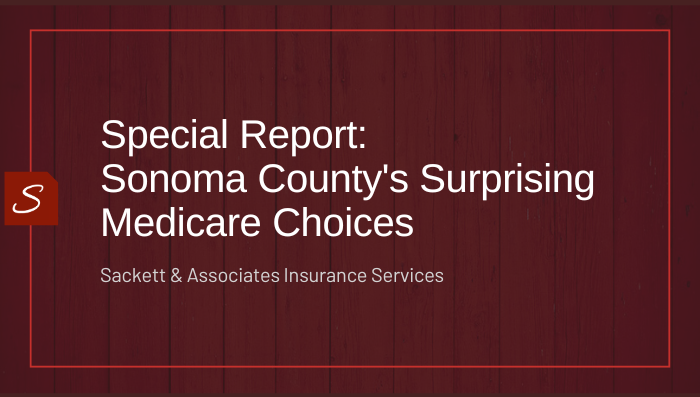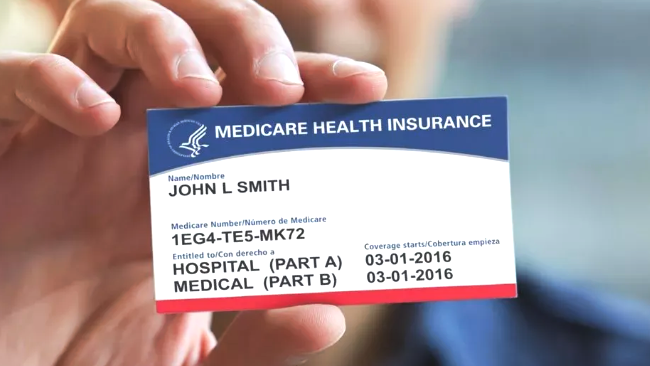Share This Post
Medicare Options for Those Who Are 65 and Still Working
More Americans are pushing the traditional retirement age and working several years more after turning 65. If you’ve decided to keep working, you may not need the traditional benefits offered to seniors, such as Medicare. Under normal circumstances, you would need to enroll in Medicare upon turning 65, but the rules can change depending on your situation. It’s best to speak to a health insurance broker specializing in Medicare concerning your Medicare eligibility, but here’s some general information to know.
Medicare Eligibility at Age 65
People aged 65 or older can access federally-organized health insurance through Medicare. It’s similar to the medical insurance offered through an employer or purchased privately, but Medicare was designed to bring affordable health care to millions of Americans who may not have the resources to acquire health insurance by other means (like an employer). Eligibility starts within three months of a person’s 65th birthday, often held as the common retirement age. However, if you choose to work longer, it may not be necessary to enroll in the program.
Medicare Eligibility When Working
The current requirements concerning Medicare enrollment and continued employment depend heavily on where you are employed. If you are working for an organization that has at least 20 or more employees, you can opt-out of enrolling in Medicare. The employer’s group plan becomes the primary payer for your healthcare bills. This would allow you to delay your Medicare enrollment until the point you actively stop working and officially retire.
For those who work with a small company, you can’t delay your enrollment. You would be required to sign up as soon as you are eligible, often through a health insurance broker specializing in Medicare, or face late enrollment penalties. When you enroll, Medicare becomes the primary payer for any healthcare claims. If you don’t enroll, the company plan could refuse to pay whatever claims are filed on your behalf. This would leave you primarily responsible for the bills.
If you work for a company that has 20 employees or more, you have the option to drop out of the group coverage from the employer and continue your insurance through Medicare. To do this, you would want to make a full comparison of the premium costs and coverage terms between the employer plan and Medicare to find out which one would give you the best benefits for the cost. Once you decide to leave your job, you’ll be able to enroll in Medicare health plans or a Medigap plan without the fear of penalties.
Medicare and Secondary Insurance Benefits
Some companies offer employees health benefits for a period of time after retirement. Even though you may be eligible for one of these retiree plans, you will need to sign up for Medicare as soon as you reach eligibility. Medicare would be considered the primary insurance and the benefit plan becomes secondary insurance. Failing to enroll in Medicare could see you paying the bills for claims the corporate plan denied.
There is a similar situation with COBRA benefits. COBRA stands for the Consolidated Omnibus Budget Reconciliation Act which gave workers and their families the option to continue receiving group health benefits for a limited period of time after the voluntary or involuntary loss of a job providing group health benefits. A worker is eligible for COBRA for 18 months after leaving a job, but if you are 65, there is a conflict with Medicare coverage. Medicare would be a primary payer if you carry COBRA, meaning you would have to sign up for Medicare as soon as you reach eligibility.
Medicare Sign-Up Deadlines
By meeting with a health insurance broker who specializes in Medicare, you can avoid the consequences that come from missing an enrollment deadline. There are standard enrollment and eligibility periods, but when it comes to those who are working past the age of 65, the most important day to know is the date you leave your employer. It doesn’t matter if you will receive retiree benefits or coverage under COBRA for several months. You will have only eight months from the day you leave your job to enroll in Medicare and a Medigap plan if you choose one. This is a special enrollment period, and once the window closes, you could be without insurance for months.
Medicare has a General Enrollment period each year between January 1st and March 31st, and if you’ve missed your special enrollment, you would be forced to wait until the next General Enrollment to get signed up. From there, the coverage doesn’t start until July, which would leave you without insurance coverage for quite a long time. You would also be faced with late enrollment penalties on top of your premiums for Part B and Part D.
Medicare Enrollment Support
For more information on Medicare and insurance coverage during retirement, contact our team of health insurance brokers today. We work to get you the best rates for the coverage you need.
Sources
https://www.medicare.gov/what-medicare-covers/your-medicare-coverage-choices/whats-medicare
https://boomerbenefits.com/medicare-while-working/
Share This Post
Taking The Pain Out Of Health Insurance
We make it simple to find the right insurance plans for your needs
In just a few quick steps.





